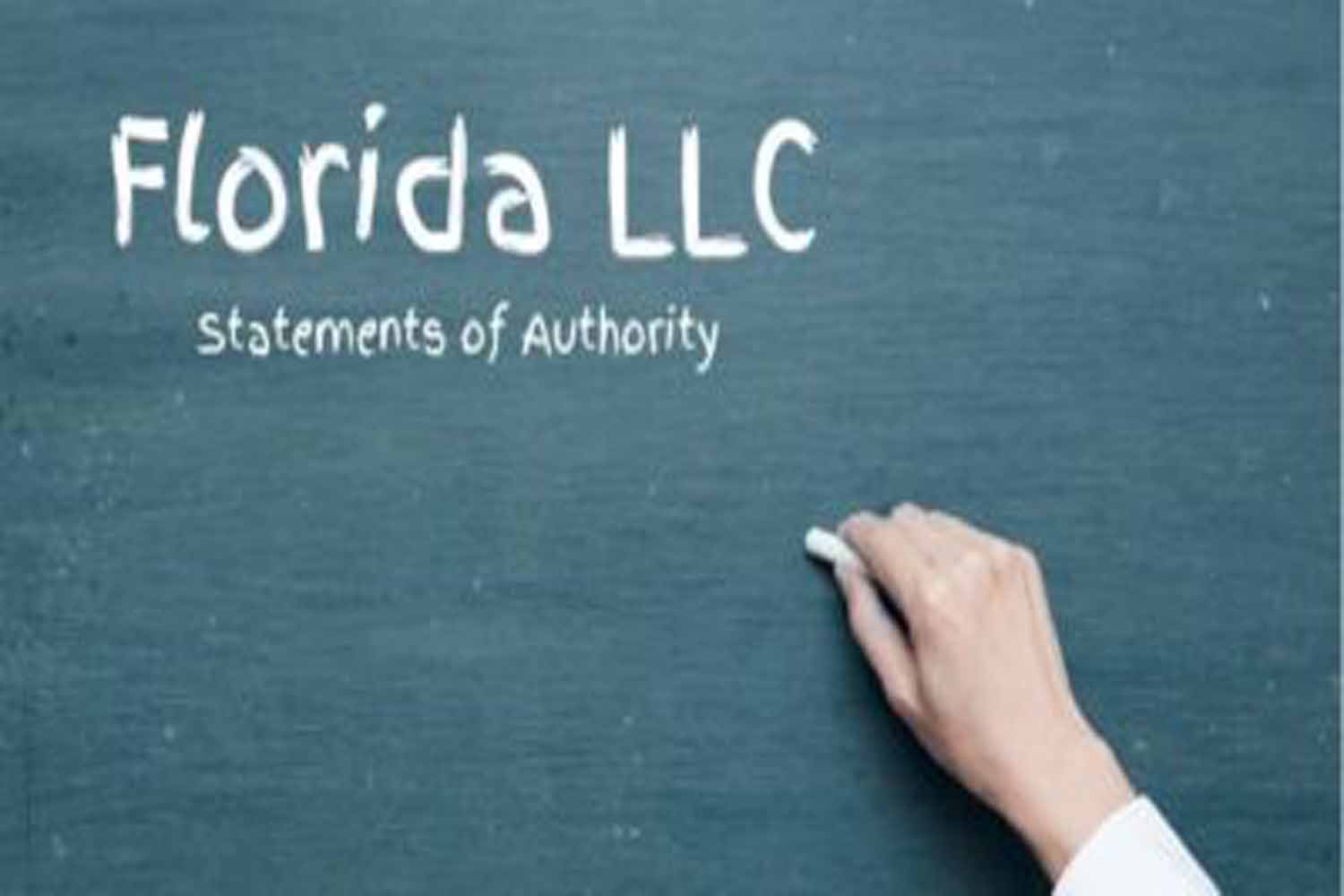Recent changes to the Florida Statutes may require many condo associations to modify their parking management programs. The Florida Legislature enacted House Bill 73 (“HB 73”), effective July 1, 2013, which limits the association’s power to suspend unit owners, tenants and guests from using specific common elements under Section 718.303(3)(a), Florida Statues. Among the new changes: an association may no longer suspend the right of owners, tenants or guests from using parking spaces. Until recently, this statute has been a broad source of power for associations to incentivize unit owners and residents to comply with the rules of the association. But the legislature giveth; and the legislature taketh away. So how do these new changes affect the status quo of an association’s parking program? Will condo associations be liable for expenses and damages for towing unauthorized vehicles? And how does the condo association comply with the new law, and yet still accomplish the goals of the association? This Blog post seeks to answer those questions and more.




